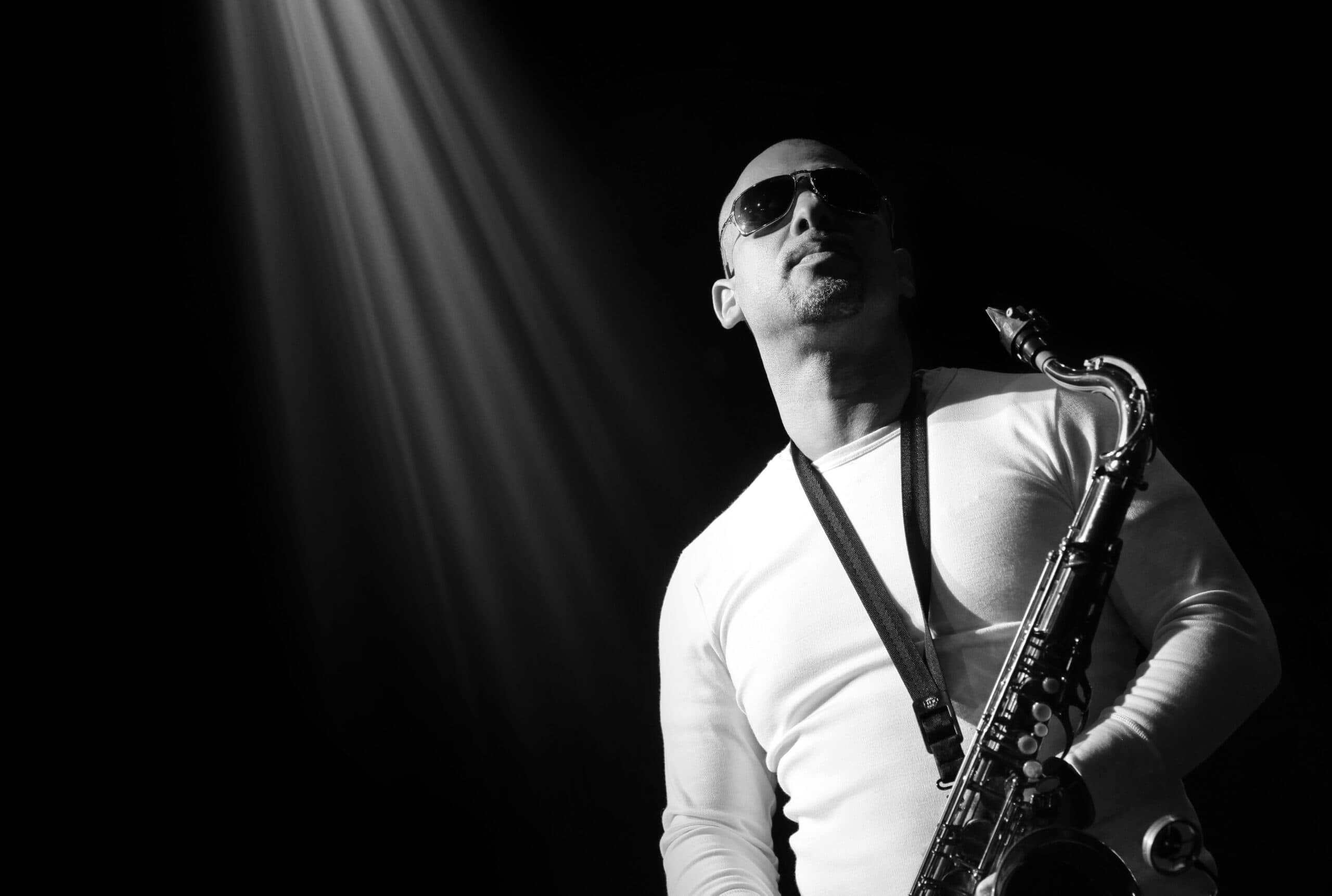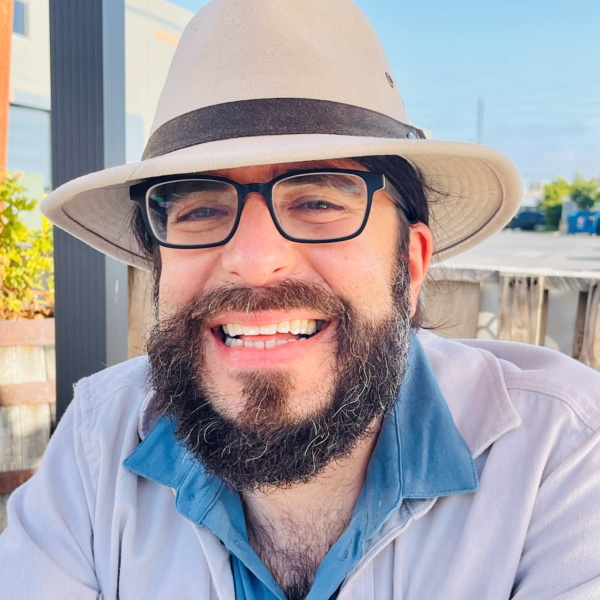Advertisement
Boston saxophonist Jacques Schwarz-Bart reflects on a life in music with 'The Harlem Suite'

For years, Guadeloupean saxophonist Jacques Schwarz-Bart has been one of the leading lights of Caribbean jazz, lending his improvisational skills to both the Gwo ka rhythms of his homeland as well as the voodoo rhythms of Haiti. He’s also been at the forefront of mixing jazz with hip-hop and R&B ever since he was a member of seminal bands led by Roy Hargrove and D’Angelo.
But he always kept a file of compositions that he labeled “just jazz.” “Those tunes were written in the language of modern jazz,” he says. “And mostly those songs were written in Harlem and were inspired by things I experienced there. In hindsight, I realized that I’d composed a book of short stories.”
Those compositions became the basis of Schwarz-Bart’s new recording, “The Harlem Suite,” and a short tour that is coming to Scullers Jazz Club on Saturday, March 25. It’s a rare area date for Schwarz-Bart even though he moved here from Harlem seven years ago to join the faculty of Berklee College of Music. “Boston is now the third place I’ve really called home, after Guadeloupe and New York,” he says while sitting in his Berklee cubicle.
It’s yet another chapter in a career that has never followed the usual script for a jazz musician. Although Schwarz-Bart grew up listening to jazz and at the age of 12 talked his way into the Village Vanguard to see Sonny Rollins while on a trip to New York, he was 24 before he picked up a horn – far older, he laughs, than most of the students he now teaches. “Seeing Sonny, it just seemed like what he did was unobtainable,” he recalls. A few days after first playing a few notes on a friends’ horn, he was invited to join a ballroom orchestra. Soon after, Schwarz-Bart started a government job in France and mostly kept his playing to himself, until he caught the late Boston guitarist Garrison Fewell at a Paris jazz club. The two briefly jammed and Fewell invited Schwarz-Bart to enroll in Berklee.
“Once I got a scholarship to Berklee, I never looked back,” says Schwarz-Bart. After he finished his education, he moved to New York, where he slept in a friend’s closet. One night the pair went to catch rising star Roy Hargrove with the famed Cuban pianist Chucho Valdes. Schwarz-Bart brought his horn and took to the stage without being explicitly invited. His friend was so horrified that he tried to physically restrain Schwarz-Bart. “But back in those days I had a little ‘Fro,” laughs the now bald Schwarz-Bart, “and so Roy thought I was one of the Cuban cats with Chucho, and Chucho thought I was friends with Roy!”
Schwarz-Bart became a longtime member of Hargrove’s groundbreaking RH Factor band. Today it’s common for jazz stars to incorporate hip-hop influences, but at the time Hargrove was blazing a unique trail that found Hargrove and Schwarz-Bart collaborating with neo-soul stars Me’Shell Ndegeocello and Erykah Badu. Those lucky enough to catch the “Voodoo” tour saw D’Angelo exhort “Brother Jacques” to blow his horn. Two decades later that era is considered pivotal to the development of contemporary jazz and R&B. “I really wasn’t aware that we were setting the scenery for the next 20 years of music history. I was just enjoying the ride,” says Schwarz-Bart. “Coming from a Caribbean island where we listen to and dance to everything, it just seemed natural to mix styles.”
Schwarz-Bart admits he suffered from imposter syndrome before finally focusing on a solo career in his 40s. “The Harlem Suite,” his ninth recording as a leader, was originally intended to help his Berklee students “explore modern jazz with a different lens, from someone who came from a different rhymical language.” A Live Arts Boston grant let Schwarz-Bart further develop the suite. Among the many luminaries on the recording are drummer Terri Lyne Carrington and Schwarz-Bart’s wife, vocalist Stephanie McKay.
One of the “short stories” on the recording, “From Goré to Harlem,” is named after the port in Senegal from which enslaved people were shipped. “In Harlem, you see a complete panorama of the African diaspora. We have created cultures that are so different, but yet we come from the same place, and Harlem is where we gather again after having created these new cultures and languages and aesthetics,” he says. “So there is a lot of melancholy and sadness in the tune, but at the same time it is a tribute to all that was accomplished by so many coming from those boats.”
Another track, “Dreaming of Freedom,” was inspired by a conversation with a formerly incarcerated friend about how he survived imprisonment. “It is both a tribute to him, as well as the entire notion of freedom and how it was stolen from so many of us – including both the Jewish and Black sides of my family.”
Schwarz-Bart says while writing “The Harlem Suite,” he “wasn’t aspiring to do social commentary. This came from a real place, and from real experiences.”
Jacques Schwarz-Bart celebrates the release of “The Harlem Suite” with Aaron Goldberg, piano, Ivanna Cuesta, drums and Ian Banno, bass, on Saturday, March 25, at 8 p.m. and 10 p.m. at Scullers Jazz Club.
